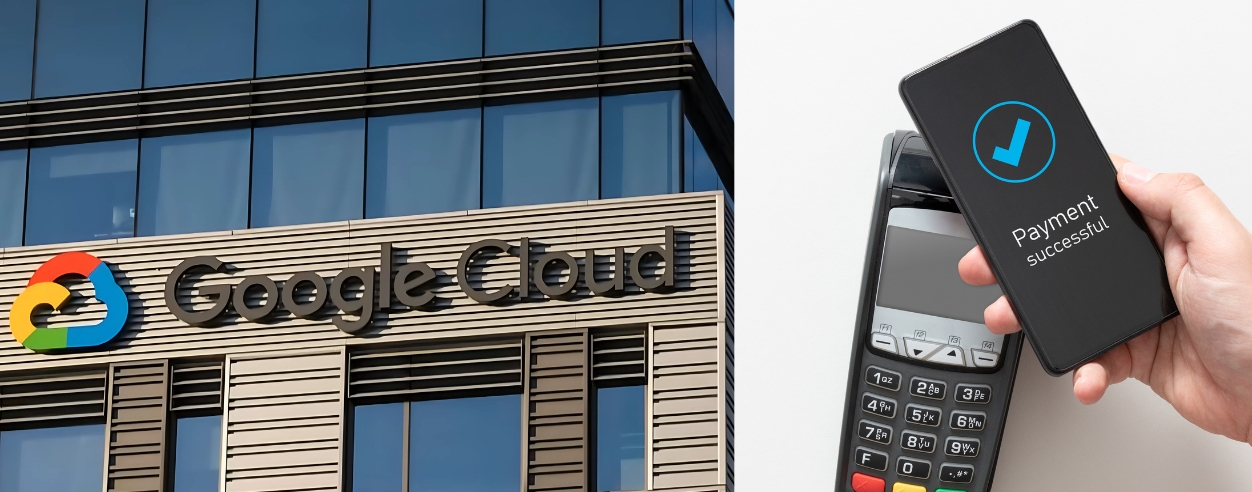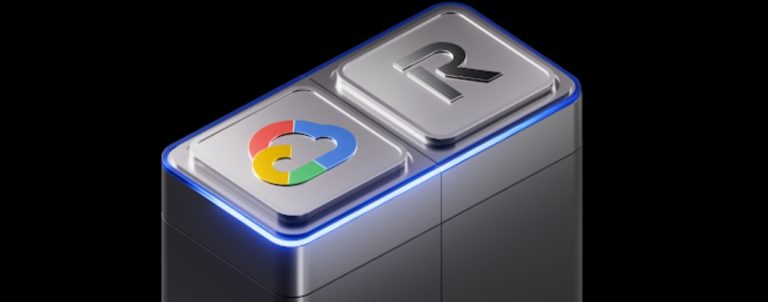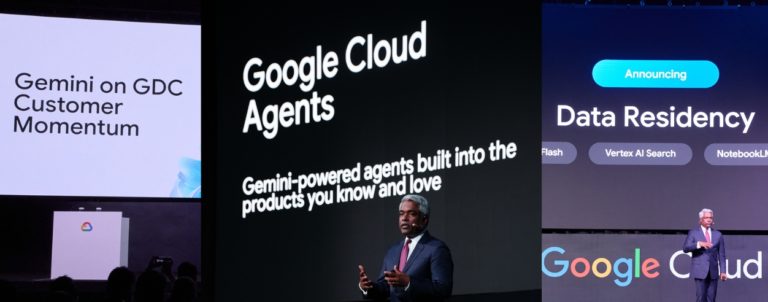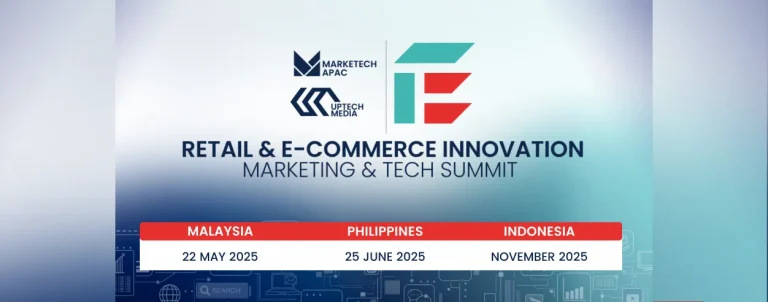Singapore — Google Cloud has introduced the Agent Payments Protocol (AP2), a new open framework designed to securely facilitate agent-led payments across platforms.
The initiative aims to establish consistent standards for transactions in the emerging agent economy.
The AP2 protocol was developed in collaboration with more than 60 organisations, including regional players such as Airwallex, Fiuu, Garena, Lazada, Manus, Razer, Shopee, and ZALORA, alongside global names such as Adyen, American Express, Ant International, Coinbase, JCB, Mastercard, MetaMask, PayPal, Trip.com, UnionPay International, and Worldpay.
AP2 extends the existing Agent2Agent (A2A) protocol and Model Context Protocol (MCP), providing a payment-agnostic framework that works alongside existing industry standards to enable users, merchants, and payment providers to transact with confidence across a wide range of payment methods.
The growth of AI agents, which can carry out purchases on behalf of users, has created a need for a standardised system of authentication, validation, and authorisation. AP2 addresses this by ensuring clear accountability and trust throughout the transaction process.
Rao Surapaneni, vice president and general manager of business applications platform at Google Cloud, explained that AP2 is an open and shared protocol that provides a common language for secure, compliant transactions between agents and merchants.
“AP2 helps ensure consistent, secure, and scalable experiences for both users and merchants, while also providing financial institutions with the clarity they need to effectively manage risk,” Rao commented.
Central to the protocol is the use of Mandates—cryptographically signed, tamper-proof digital contracts that serve as verifiable proof of a user’s intent. These Mandates, combined with verifiable credentials, create an auditable record of each stage of a transaction, whether initiated in real time with user involvement or through delegated tasks when the user is not present.
“This protocol gives businesses and consumers the confidence to delegate tasks to AI agents, aligning with Airwallex’s mission to build future-proof finance and empower businesses globally,” Jacob Dai, co-founder and chief technology officer at Airwallex, explained.
He added, “AP2 is a critical step forward in building a secure, interoperable ecosystem for agentic AI payments.”
AP2’s design supports a wide range of use cases, from personalised shopping and coordinated bookings to autonomous monitoring of product availability. It also extends to new forms of commerce, including agent-based cryptocurrency payments.
In collaboration with partners such as Coinbase, Ethereum Foundation, and MetaMask, Google has introduced the A2A x402 extension to enable secure, production-ready crypto payments within the AP2 framework.
The protocol is intended to evolve as a collaborative industry standard.
Pablo Fourez, chief digital officer at Mastercard, shared that this collaboration supports the company’s mission to help shape the future of agentic commerce.
“These efforts include critical work with standard bodies, such as the FIDO Alliance, where we’re advancing verifying credentials to capture and secure consumers’ intent in this dynamic new context,” Pablo said.
“Together, we’re playing an essential role in securing the payment ecosystem, ensuring trust and safety remain at the core of every transaction.”
Google Cloud has made the technical specifications, documentation, and reference implementations available through its public GitHub repository. This open approach aims to encourage contributions from payment networks, issuers, merchants, and technology providers globally.
With Southeast Asia’s e-commerce and digital payments sectors continuing to grow at a rapid pace, the introduction of AP2 is positioned as a significant step toward supporting the region’s digital economy while also setting a global foundation for secure, agent-driven transactions.












